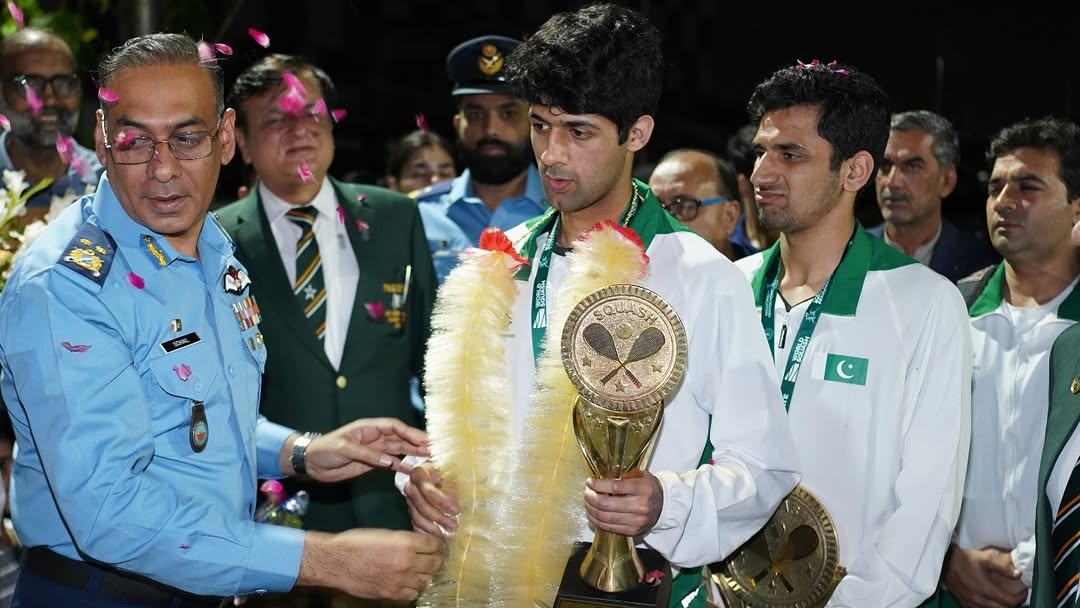QUETTA: The Counter Terrorism Department (CTD) Quetta, in Pakistan’s southwestern Balochistan province, said on Saturday it had arrested the prime suspect in the murder of retired Justice Noor Muhammad Meskanzai, a former chief justice of the Balochistan high court.
Meskanzai was shot dead in Balochistan’s Kharan city on October 14 at a mosque where he had gone to offer evening prayers. His killing was claimed by the separatist Baloch Liberation Army (BLA).
The BLA is the most prominent of a number of separatist groups operating against the Pakistani state in Balochistan. The province has seen a decades-long insurgency against what separatists call the unfair exploitation of resources in the mineral-rich region.
Meskanzai served as chief justice of the Balochistan high court from December 2014 to August 2018 and was appointed chief justice of Pakistan’s Shariat Court in 2019. Deputy Inspector General (DIG) CTD Aitzaz Goraya said the suspect was arrested from Kharan on Friday.
“The prime culprit of the terrorist group [BLA], Shafqatullah Jhalanzai, was arrested during a raid carried out by the Counter Terrorism Department and Law Enforcing Agencies on Friday,” Goraya told reporters at a press conference.
He said police had seized a motorcycle and the pistol used to commit the former judge’s murder. Goraya said Jhalanzai had confessed to killing the judge during the initial interrogation.
“The suspect has told investigation teams that he received instructions for the murder of Justice retired Noor Meskanzi from his commander, who was living in a neighboring country,” Goraya said.
During the press conference, police played Jhalanzai’s video statement in which he confessed to killing the late judge. He also admitted carrying out attacks on civilians and security forces in Balochistan.
“We have traced down the network,” Goraya said, adding that the entire militant group “will be busted in the coming weeks.”
In response to a question about neighboring countries’ involvement in fueling militancy in Pakistan, Goraya said the suspect had told authorities he had obtained training for militant activities in Iran.
However, he said police cannot lay blame on any country directly for being involved in militant attacks.
Goraya explained that in such instances where other countries may be involved in one way or the other, the police first verifies the details and facts of a particular case. Then, it shares its findings with the interior ministry and the foreign ministry.
The relevant ministries then that the matter up with the concerned countries under a mutually agreed, legal procedure.
He said in a couple of cases, police have evidence that militants traveled to Pakistan through its neighboring countries.

















